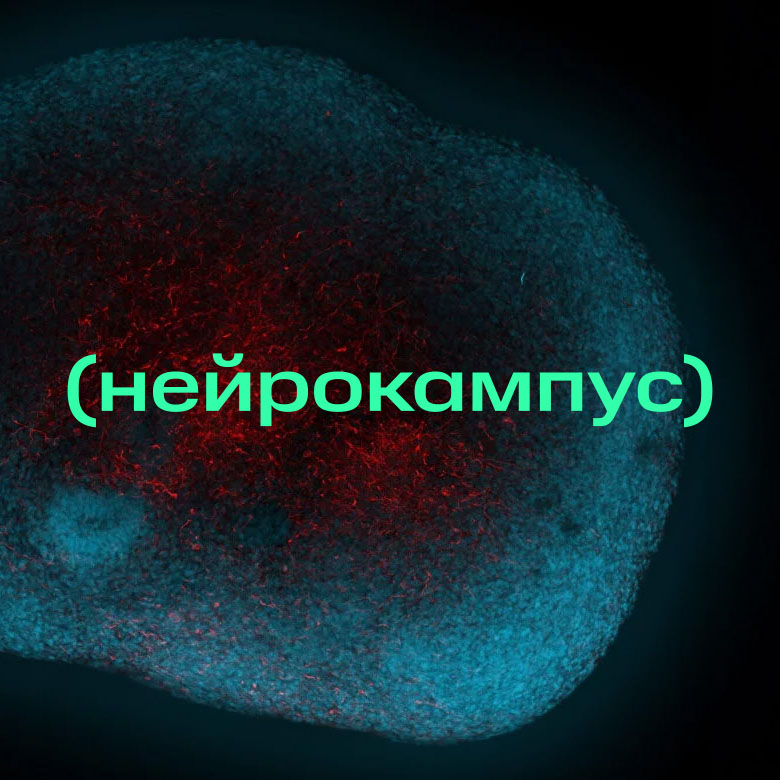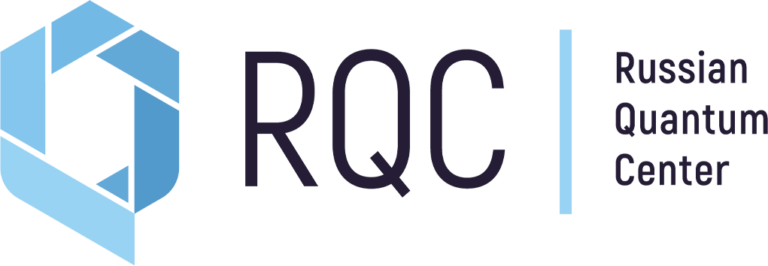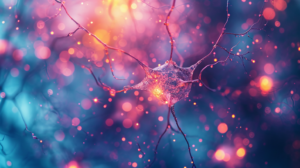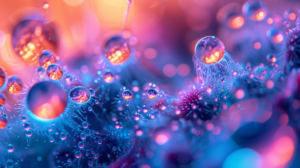Project leader: Vsevolod Vadimovich Belousov, Doctor of Biology, Corresponding Member of the Russian Academy of Sciences, Director of the Federal Center for Brain and Neurotechnology of the Federal Medical and Biological Agency of the Russian Federation, Chief Researcher of the Pirogov Russian National Research Institute of Medical Sciences.
The Neurocampus strategic project aims to develop new medical neurotechnologies.
As part of the Priority 2030 strategic academic leadership program, the Pirogov RNIMU launched a strategic project to create Neurocampus 2030, a consortium of scientific and medical organizations, whose flagships are the Pirogov RNIMU, the Federal Brain and Neurotechnology Center of the Federal Medical and Biological Agency of Russia, the Institute of Bioorganic Chemistry of the Russian Academy of Sciences, and the Institute of Higher Nervous Activity and Neurophysiology of the Russian Academy of Sciences. The consortium will develop new medical neurotechnologies that will seriously affect the quality of medical care in the field of neurology and neurorehabilitation. Research projects under the auspices of Neurocampus will develop the field of synthetic neurobiology and neurointerfaces, which will make it possible to create unique pharmaceuticals and medical devices for therapy of nervous system diseases and increase the efficiency of neurorehabilitation.
Project goal: to achieve global leadership in new medical neurotechnologies and brain sciences by 2030. Achievement of the goal will be possible through the creation of an innovative ecosystem of Neurocampus, including modern scientific laboratories, relevant educational programs and service and administrative units of the University. As the strategic project is implemented, organizations with the necessary additional competencies will be involved in the consortium’s activities. As one of the key objectives, Neurocampus aims to ensure the translation of unique scientific knowledge from brain sciences and neurotechnologies into clinical practice. The unified ecosystem of research and education involves direct and active involvement of trainees in brain research and development of new medical neurotechnologies in laboratories and clinics of the consortium members. Innovative therapeutic approaches will be created in Neurocampus with the direct participation of students and young scientists!
Main tasks of the project
- Development of synthetic medicine technologies that translate advanced methods of synthetic neurobiology, including opto-, chemo- and thermogenetics technologies, into the clinic to develop innovative approaches for the correction of neurological, cognitive and mental function deficits in various congenital or acquired pathologies of the brain and spinal cord.
- Introduction of invasive and non-invasive neurointerface technologies with the use of machine learning and artificial intelligence algorithms involved in decoding brain signals and generating control commands for external devices into medical practice, including diagnosis and therapy of neurological diseases, as well as rehabilitation practices.
- Creation of new drugs for the correction of diseases of the nervous system based on the control of cell death mechanisms, neuroglial interactions and functions of the blood-brain barrier.
- Shaping new approaches to education in brain research and therapy. Creating an ecosystem of education and outreach in the brain sciences.
- Creation of a technology transfer office, the purpose of which will be patenting and commercialization of neurotechnologies verified in research activities.
- Participation in the implementation of the priority direction of the national project “Health Care” within the framework of the National Medical Research Center for Neurology established on the basis of the University.











